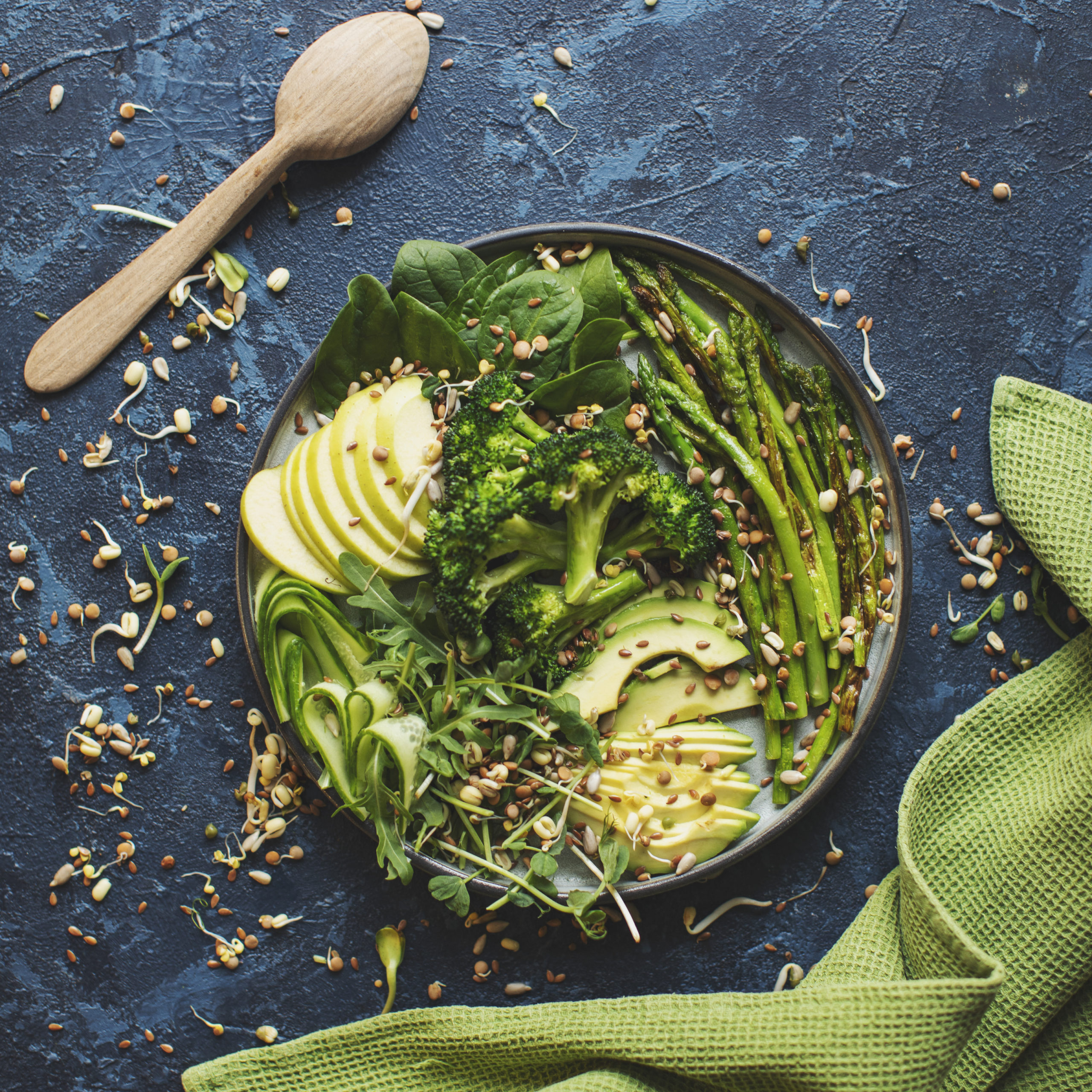Glutathione is a powerful antioxidant with a number of health benefits. From reducing oxidative stress to its anti-aging and anti-cancer properties – it’s no surprise it’s known as the master of antioxidants.
Dr Terry Wahls, an esteemed member of the ITN faculty who reversed debilitating symptoms of multiple sclerosis through a nutrient-rich paleo diet, also advocates for the benefits of glutathione. Listen to her interview with another ITN faculty member, Dave Asprey1.
Like all supplements, it’s important to know exactly how they work and how much is needed. (Especially if your clients look to you for guidance!) Here’s everything you need to know about glutathione.
5 THINGS YOU NEED TO KNOW ABOUT GLUTATHIONE
1. IT’S FOUND IN SULFUR-RICH FOODS
If you or a client are interested in increasing glutathione levels, it’s important to always practice a food first approach.
Glutathione, like many antioxidants, decreases with age, so look to sulfur-rich foods to help maintain adequate levels. But what exactly are sulfur-rich foods?
Sulfur is found in two primary amino acids – methionine and cysteine – which are located in animal proteins like beef, fish, and poultry. Cruciferous vegetables like broccoli, Brussels sprouts, and kale are also excellent sources. Allium vegetables like garlic, shallots, and onions are full of sulfur too.
2. IT HAS A NUMBER OF HEALTH BENEFITS
Glutathione has a number of health benefits, but it might be most known for reducing oxidative stress.
When the body has an abundance of free radicals – unstable compounds that result from inflammation – it causes oxidative stress which can show up as a chronic disease such as type 1 diabetes, liver disease, and ulcerative colitis. Antioxidants like glutathione counteract free radicals and offer protection to the body from their damaging effects.
Other benefits include alleviating the symptoms of autoimmune conditions, detoxing the body from heavy metals, and may reduce symptoms of Parkinson’s.
3. IT’S ABSORBED WITH THE HELP OF OTHER ANTIOXIDANTS
It takes a village, even when it comes to your antioxidant uptake.
Vitamin C is thought to be glutathione sparing, attacking free radicals first and thereby reserving glutathione stores. Vitamin C also helps convert oxidized glutathione back to its active form. Some research even suggests vitamin C supplementation can help increase glutathione levels in white blood cells.
Selenium is another essential mineral that helps maintain glutathione levels since it works as a glutathione co-factor. Sources of selenium include Brazil nuts and organ meats.
4. IT’S IMPACTED BY SLEEP & EXERCISE
Sleep and exercise, or lack thereof, can have a significant impact on glutathione levels.
Lack of sleep can also contribute to oxidative stress, so it’s important to get enough shuteye if you’re trying to maintain healthy glutathione levels.
Regular exercise2 also keeps oxidative stress at bay, which in turn, helps keeps glutathione levels high.
5. IT IS INVOLVED IN NEW RESEARCH
Glutathione has been around for a long time, but it has recently gained traction with new research in the treatment of autism3. The research found that children with autism had lower levels of glutathione, with supplementation showing positive results and alleviation of some symptoms.
Glutathione is also being trialed in cardiovascular research, with studies showing supplementation may reduce low-density lipoproteins and total cholesterol levels.
TAKEAWAY
Glutathione is a strong antioxidant, and while it’s similar to other antioxidants like vitamin C and resveratrol, it is unique because the body can make its own, as long as it’s provided with the correct building blocks: glutamic acid, cysteine, and glycine. This is why it’s always important to focus on food sources of glutathione first, such as animal protein and cruciferous vegetables.
Remember, before taking a supplement, be sure to consult with a primary care physician.

+ show Comments
- Hide Comments
Free Resources
Take A Look at the latest from ITN:
Courses
add a comment